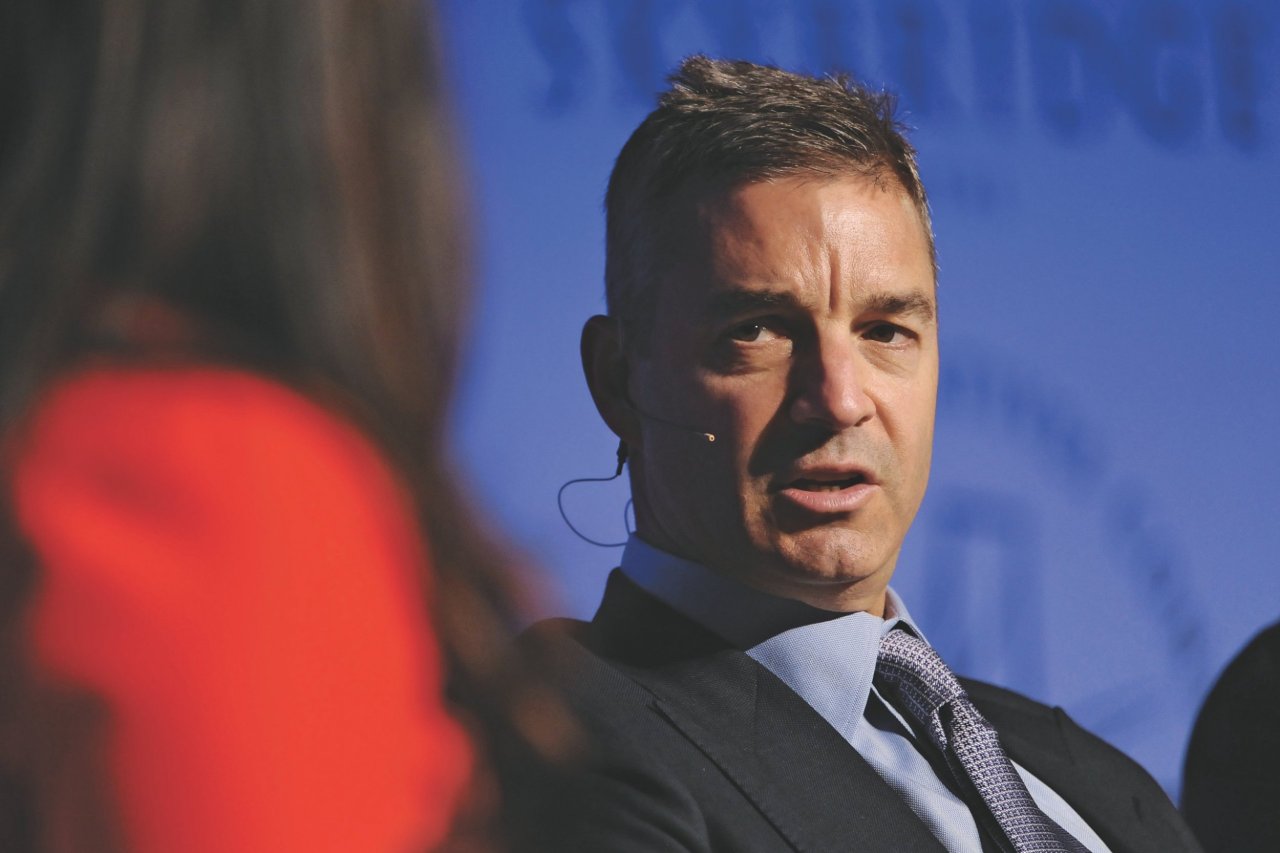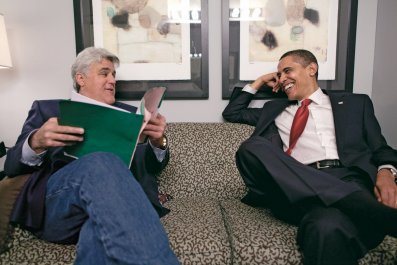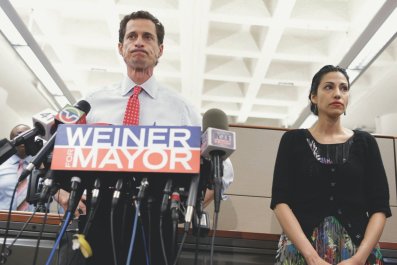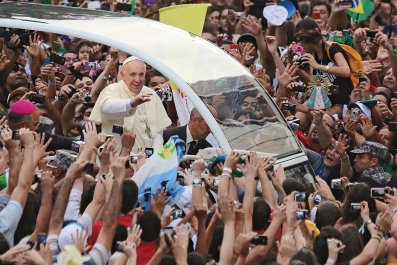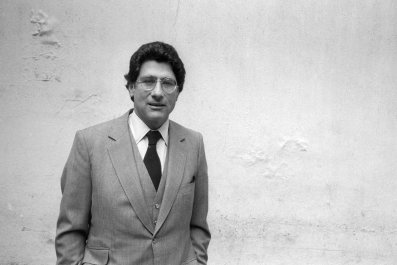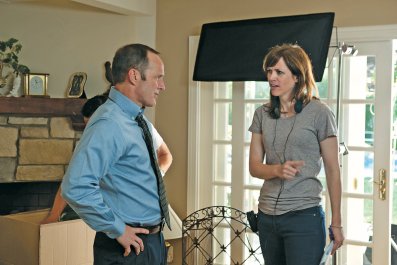DAN LOEB, the yoga-practicing, rail-thin, smart-aleck, New York–based hedge-fund manager, isn't much of a technologist. But he has engineered something of a turnaround at one of Silicon Valley's iconic, long-suffering companies. In the summer of 2011, Loeb started buying shares at Yahoo, the portal that had soared to prominence in the 1990s but was struggling for an identity and growth in the Web 2.0 era. With the stock stuck in the low teens, the company was going through CEOs with the same frequency that Don Draper goes through mistresses on Mad Men. Loeb had a relatively simple plan, which he outlined in blunt letters to the board: Yahoo should liberate the value in its Asian assets (stakes it held in Chinese and Japanese Internet companies), return cash to shareholders, and get back into the business of launching new products.
In the spring of 2012, Loeb started throwing his weight around. He discovered that newly appointed CEO Scott Thompson, a former PayPal executive, had fudged his résumé and stretched the truth by claiming to have a degree in computer science. (That's a big no-no in tech land.) In short order, Loeb helped push Thompson out and bullied his way onto the board, where he and allies controlled three seats. Next he helped recruit star Google executive Marissa Mayer to be the new CEO.
As CEO, Mayer has emerged as an independent force. But she seems to have followed Loeb's script. Among her achievements in her first year: selling part of Yahoo's stake in China's Alibaba for $7.6 billion, using the proceeds to return cash to shareholders via a $3 billion stock-repurchase program, acquiring startups like Tumblr, and revamping its homepage and email. Yahoo's stock has more than doubled in the past two years, from about $12 in late July 2011 to above $29 in late July 2013.
On Monday Loeb achieved the ultimate desideratum of every entrepreneurial techie: an exit. He agreed to sell back to Yahoo 40 million shares at a price of $29.11 per share—or $1.16 billion. Given that he paid an average of $13.77 for his stake in the company, that represents a profit of more than $600 million. Loeb still owns 20 million shares in Yahoo. But he announced that he is taking his chips and leaving Yahoo's board. Not bad for a couple years' work.



